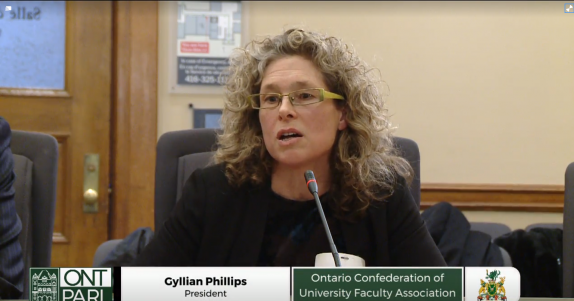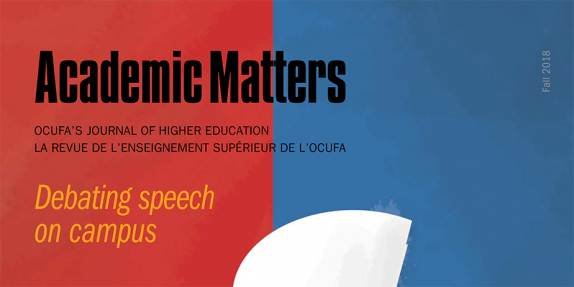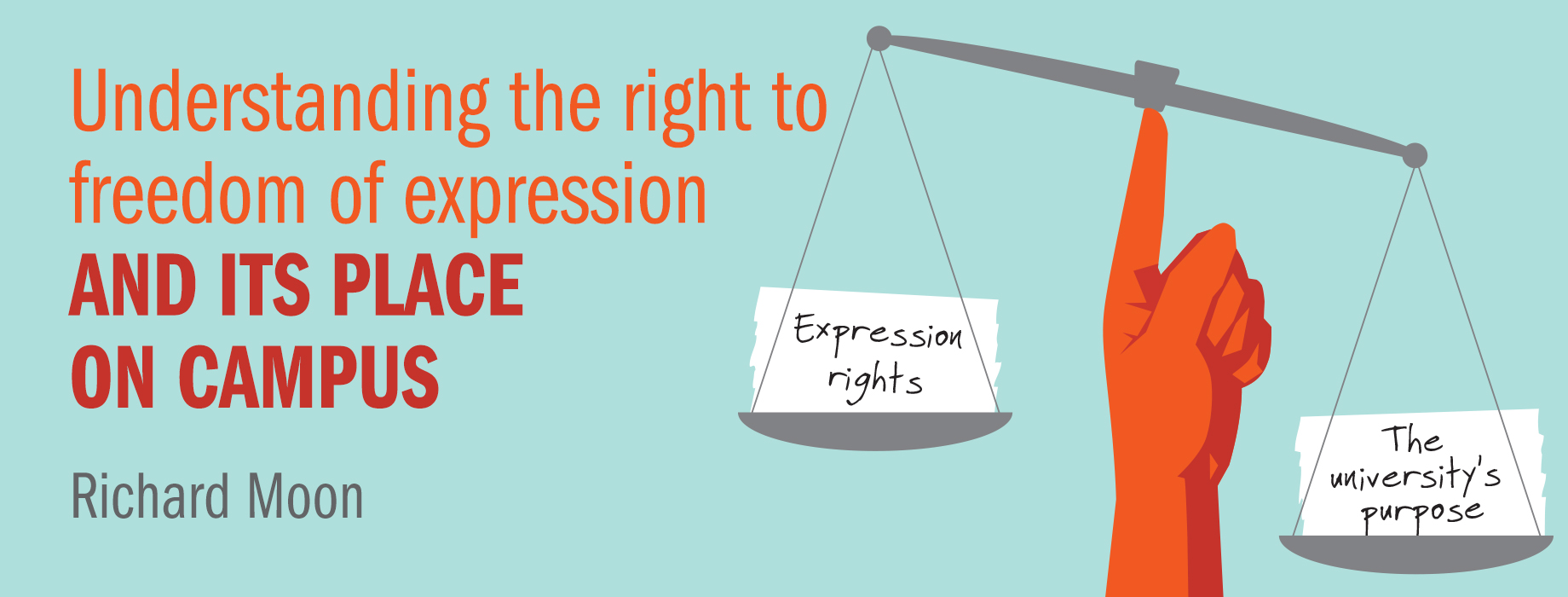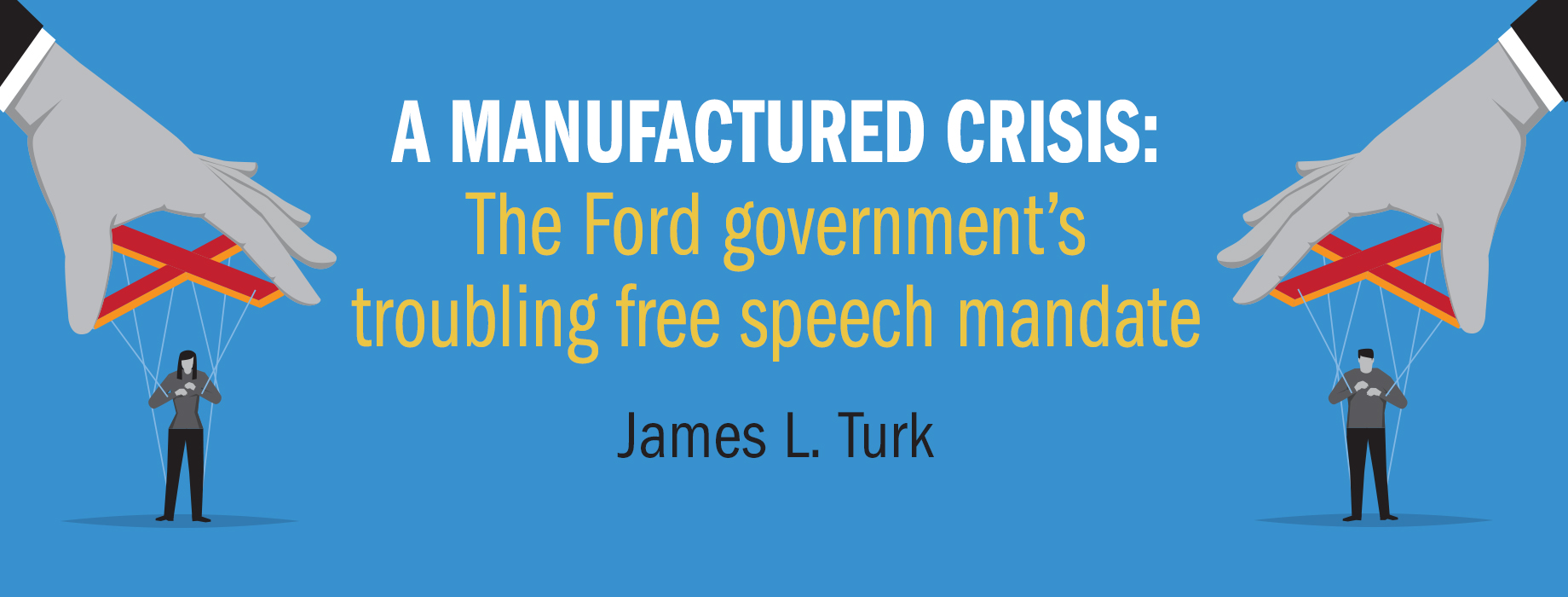TORONTO, February 8, 2019 – Lianne Leddy, an assistant professor at Wilfrid Laurier University, has won the 2018 Equity and Social Justice Committee Award of Distinction, presented by the Ontario Confederation of University Faculty Associations (OCUFA).
The award, sponsored by OCUFA’s Equity and Social Justice Committee, recognizes faculty whose work has improved the lives and working conditions of academics who are Indigenous, women, racialized, LGBTQ2S+, living with disabilities and/or belong to other historically marginalized groups.
“It is clear that Lianne’s leadership has greatly improved the lives and working conditions of Indigenous and non-Indigenous students, staff, and faculty at Wilfrid Laurier University and beyond,” said Cathy Chovaz, Vice-Chair of the Equity and Social Justice Committee. “Her dedication is inspiring as she contributes incredible amounts of time, energy, and expertise towards the advancement of equity.”
As a mentor to Indigenous students and an ally to other faculty and staff, Professor Leddy is widely respected for her knowledge and expertise. She served as the Indigenous Studies Program Coordinator for three years, was a member of the Indigenous Research Ethics Conference organizing committee, and actively supports other departments and programs in the university with their efforts to incorporate Indigenous curriculum. Dr. Leddy has been instrumental in the creation and administration of a program at Laurier called the Indigenous Knowledge Fund. This fund provides financial and logistical support for faculty to bring Indigenous knowledge holders to speak to their classes, which has greatly increased Indigenous content taught across the university.
“OCUFA is committed to advancing and protecting the personal, professional and academic interests of women in the academy,” said Gyllian Phillips, President of OCUFA. “That is why we are so thankful for Lianne Leddy’s leadership, and so proud to present her with this honour for her exceptional commitment and contributions to the struggle for equity.”
Professor Leddy will receive her award at a ceremony hosted by OCUFA in Toronto on February 9, 2019.
Founded in 1964, OCUFA represents 17,000 faculty and academic librarians in 29 faculty associations across Ontario.
–30–
To arrange interviews or for more information, please contact:
Ben Lewis, OCUFA Communications Lead
416-306-6033 | communications@ocufa.on.ca















